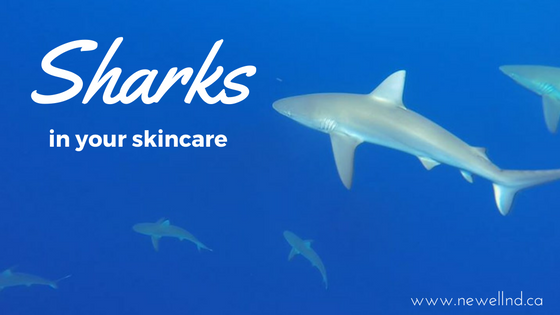By Dr. Jen Newell
A few weeks ago I had the unbelievable opportunity to snorkel with the team of One Ocean Diving to see Galapagos sharks up close and personal without a cage. Swimming with these magnificent creatures was one of the most profound experiences of my life. The media most often depicts sharks as blood-thirsty, terrifying man-eaters; Shark Week on the Discovery Channel invokes fear and fascination. What they fail to show us is the beautiful, graceful and inquisitive nature of sharks. Seeing them in their natural habitat and actually having the opportunity to share that space with them really changed my media-influenced opinion.
During this adventure I learned a ton about shark behavior and the current decline in worldwide shark populations. About 1 in 15 sharks is killed by humans every year mostly due to the increasing demand for shark fin soup and other fishing activities (Boris Worma, 2013). Unfortunately, shark populations are being depleted worldwide faster than they can reproduce and repopulate meaning that it is only a matter of time before they are extinct (some researchers are predicting that this could happen in the next 10 years), unless we do something about it.
Unfortunately, shark products are being used frequently within the beauty industry in for the form of squalene/squalane (shark liver oil) and cartilage. Despite companies claiming to use “sustainable” shark ingredients, from what I have learned those just don’t exist when it comes to sharks – to read a great article about “sustainable” fishing click here.
Squalene (Shark Liver Oil)
The cosmetics industry loves squalene. It’s deeply moisturizing, easily absorbed and leaves no greasy residue on the skin, which makes it absolutely perfect for moisturizers, lip-gloss, and sunscreen (it’s even used in vaccinations). Luckily there are vegetable derived alternatives made from olive oil that even a number of conventional brands have opted to use instead. Unfortunately, shark derived squalene is cheaper to produce and remains popular in products made in Japan (even amongst those companies that claim to no longer use it).
Shark Cartilage
One of the most prevalent products I come across that contains shark cartilage is Viviscal. This product is regularly recommended to promote hair growth. The producers of Viviscal report that their shark cartilage comes from a sustainable, non-endangered shark population and is a by-product of the fishing industry. The difficult thing I have with this is that if the fishing industry is rewarded for catching species “by accident” then there is no motivation for them to prevent it. It is also impossible to prevent other more endangered species of sharks from being caught as well. Shark cartilage is also found in a number of joint support supplements.
After spending time with sharks, I am committing to only using and recommending products that do not contain any ingredients derived from sharks.
#beautyshouldntbecruel
Works Cited
Boris Worma, B. D.-P. (2013, July). Global catches, exploitation rates, and rebuilding options for sharks. Marine Policy , 40, pp. 194–204.

